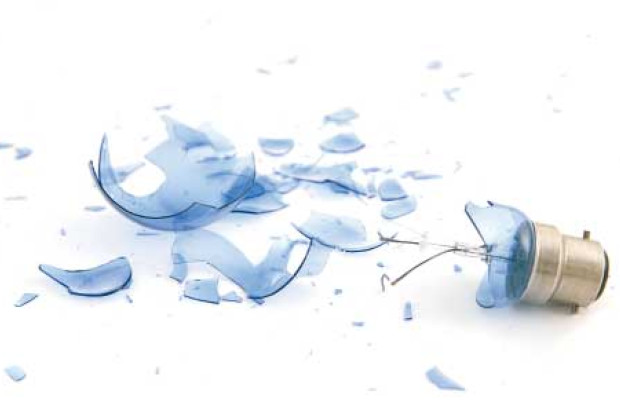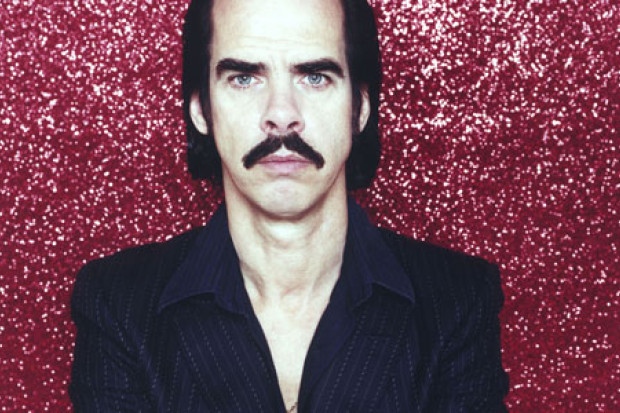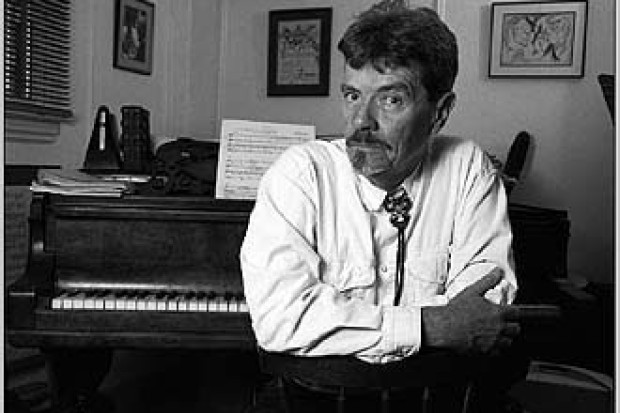Letters: Sonorities '06
Bob Gilmore, Dartington, England, writes:
I hardly recognised the 2006 Sonorities Festival from Michael Quinn’s review of it (‘(Hard)core Values’, July-August). Admittedly our experiences of the Festival were quite different, his as a critic and audience member and mine as a performer – not that my trio’s concert on May 1st, ‘Spectral Voices’, gets so much as a mention in his review (bitter?? I’m not bitter!!). Although his discussion is intelligent and well argued, there are one or two aspects of the Festival and its setting about which he and I seem to disagree.
You get the impression from Michael Quinn’s opening paragraph that overall he didn’t think this year’s Sonorities was up to much. He criticises the Festival’s ‘introspective fervency’ and its ‘zealous singularity of mind’, slams it for being ‘puritanically pared-back’, and sums it up as ‘an amalgam of the self-referential and the recherché’. The Festival, in short, seems to have its head stuck so firmly up its own arse that it’s amazing it can present any decent music at all. As one reads on, although mostly between the lines, the villain in this sorry tale of degeneration turns out to be none other than Belfast’s shiny new Sonic Arts Research Centre, where most of the concerts took place. While acknowledging the ‘wide-ranging possibilities’ and the ‘endless flexibility and potential’ of its performance space, the Sonic Lab, Quinn finds that in reality the place is a ‘funereal black cube’ with ‘an inhibiting altar-and-pews formality’, the audience forced into lemming-like conformity by the ‘restricted and conventional’ stage and seating layout. And it’s a den of incest as well! – the Festival has ‘what appeared to be the support only of its own host’s students’.
My own experience of SARC couldn’t be more different. OK, looking down through the slats of the Sonic Lab’s grid floor – to the speakers, lights and God knows what else (rats?) in the cavernous lower floor beneath your feet – gives me the heebie-jeebies. True, there’s no bar; the restaurant across the road rips you off by only selling beer in bottles rather than on tap. But trivialities aside, SARC is a marvel, a world-class listening and research environment that adds significantly to the performing arts potential of our rain-sodden land.
For the performer (or certainly for this performer), SARC’s Sonic Lab is a joy to play in. The much-vaunted flexibility of its acoustic, with panels and absorbers that can be set according to the needs of the music, can’t be praised enough, and the system works for both electronic and non-acoustic music (my trio being largely of the latter kind). Other things performers need, like backstage support and competent and attentive assistance with lighting and sound, were fantastic – if only all festivals were like this! The audience, decently sized and not noticeably in-bred, were noisily enthusiastic about our non-technological offerings.
In Ireland, whether north, south, east or west, we have a curious tendency to complain about some of our most outstanding achievements. Let’s cut this SARC-bashing and start recognising and celebrating its incredible potential – Belfast’s musical future has never seemed brighter.
Published on 1 September 2006
Bob Gilmore (1961–2015) was a musicologist, educator and keyboard player. Born in Carrickfergus, Northern Ireland, he studied at York University, Queen's University Belfast, and at the University of California. His books include Harry Partch: a biography (Yale University Press, 1998) and Ben Johnston: Maximum Clarity and other writings on music (University of Illinois Press, 2006), both of which were recipients of the Deems Taylor Award from ASCAP. He wrote extensively on the American experimental tradition, microtonal music and spectral music, including the work of such figures as James Tenney, Horațiu Rădulescu, Claude Vivier, and Frank Denyer. Bob Gilmore taught at Queens University, Belfast, Dartington College of Arts, Brunel University in London, and was a Research Fellow at the Orpheus Institute in Ghent. He was the founder, director and keyboard player of Trio Scordatura, an Amsterdam-based ensemble dedicated to the performance of microtonal music, and for the year 2014 was the Editor of Tempo, a quarterly journal of new music. His biography of French-Canadian composer Claude Vivier was published by University of Rochester Press in June 2014. Between 2005 and 2012, Bob Gilmore published several articles in The Journal of Music.














